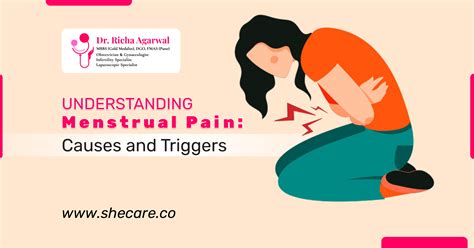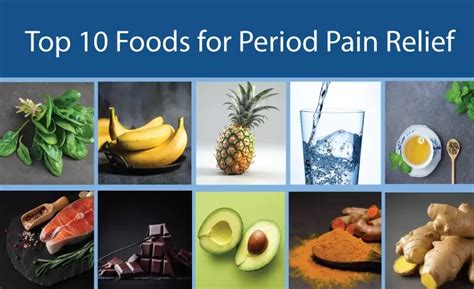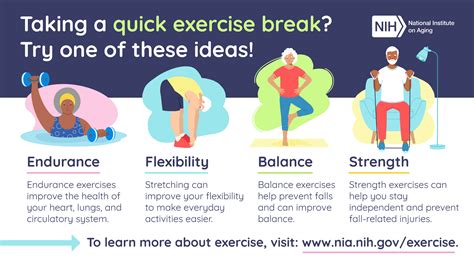Intro
Alleviate severe menstrual cramps with these 5 proven methods, tackling dysmenorrhea, period pain, and PMS symptoms through natural remedies, self-care, and lifestyle changes.
Menstrual pain, also known as dysmenorrhea, is a common issue that affects millions of women worldwide. The severity of the pain can vary from woman to woman, but for some, it can be debilitating and disrupt daily life. Severe menstrual pain can be caused by a variety of factors, including hormonal changes, uterine contractions, and other underlying medical conditions. While it's essential to consult a healthcare provider for proper diagnosis and treatment, there are several ways to ease severe menstrual pain. In this article, we'll explore five effective methods to help manage menstrual pain and improve overall well-being.
The importance of addressing menstrual pain cannot be overstated. Not only can it impact daily activities, but it can also affect mental health and relationships. Women who experience severe menstrual pain may feel isolated, anxious, or depressed, which can further exacerbate the issue. By understanding the causes of menstrual pain and exploring various treatment options, women can take control of their health and find relief. Whether it's through lifestyle changes, alternative therapies, or medical interventions, there are many ways to ease severe menstrual pain and improve quality of life.
For many women, menstrual pain is a monthly reality that can be managed with over-the-counter pain relievers, heat therapy, and rest. However, for those who experience severe menstrual pain, more comprehensive approaches may be necessary. This can include dietary changes, stress management techniques, and alternative therapies like acupuncture or massage. By incorporating these methods into daily life, women can reduce the severity of menstrual pain and improve overall health. In the following sections, we'll delve into five effective ways to ease severe menstrual pain, exploring the benefits, working mechanisms, and practical examples of each method.
Understanding Menstrual Pain

Causes of Menstrual Pain
Menstrual pain can be caused by a variety of factors, including: * Hormonal changes: Fluctuations in estrogen and progesterone levels can contribute to menstrual pain. * Uterine contractions: The uterus contracts to shed its lining, which can cause pain and discomfort. * Prostaglandins: These hormone-like substances cause the uterus to contract, leading to pain and inflammation. * Other medical conditions: Underlying conditions like endometriosis, fibroids, or pelvic inflammatory disease can exacerbate menstrual pain.Dietary Changes to Ease Menstrual Pain

Benefits of Dietary Changes
Dietary changes can have numerous benefits for women experiencing menstrual pain, including: * Reduced inflammation: Omega-3 fatty acids and antioxidants can help reduce inflammation and alleviate pain. * Improved digestion: A balanced diet that includes essential nutrients and fiber can help regulate digestion and reduce symptoms like bloating and cramps. * Increased energy: A diet rich in whole foods and essential nutrients can help boost energy levels and reduce fatigue.Exercise and Physical Activity

Benefits of Exercise
Regular exercise can have numerous benefits for women experiencing menstrual pain, including: * Reduced inflammation: Exercise can help reduce inflammation and alleviate pain. * Improved mood: Exercise can help reduce stress and anxiety, which can exacerbate menstrual pain. * Increased energy: Regular exercise can help boost energy levels and reduce fatigue.Stress Management Techniques

Benefits of Stress Management
Stress management techniques can have numerous benefits for women experiencing menstrual pain, including: * Reduced stress: Stress management techniques can help reduce stress and anxiety, which can exacerbate menstrual pain. * Improved mood: Stress management techniques can help reduce stress and promote overall health. * Increased relaxation: Stress management techniques can help promote relaxation and reduce symptoms like insomnia and anxiety.Alternative Therapies

Benefits of Alternative Therapies
Alternative therapies can have numerous benefits for women experiencing menstrual pain, including: * Reduced inflammation: Alternative therapies can help reduce inflammation and alleviate pain. * Improved mood: Alternative therapies can help reduce stress and promote overall health. * Increased relaxation: Alternative therapies can help promote relaxation and reduce symptoms like insomnia and anxiety.Medical Interventions

Benefits of Medical Interventions
Medical interventions can have numerous benefits for women experiencing menstrual pain, including: * Reduced inflammation: Medical interventions can help reduce inflammation and alleviate pain. * Improved mood: Medical interventions can help reduce stress and promote overall health. * Increased effectiveness: Medical interventions can be highly effective in reducing menstrual pain and improving quality of life.What are the most common causes of menstrual pain?
+Menstrual pain can be caused by a variety of factors, including hormonal changes, uterine contractions, and other underlying medical conditions.
How can dietary changes help ease menstrual pain?
+Dietary changes can help ease menstrual pain by reducing inflammation, improving digestion, and promoting overall health. A well-balanced diet that includes essential nutrients, omega-3 fatty acids, and antioxidants can help alleviate symptoms.
What are some effective stress management techniques for easing menstrual pain?
+Effective stress management techniques for easing menstrual pain include meditation, deep breathing, and progressive muscle relaxation. These techniques can help reduce stress and anxiety, which can exacerbate menstrual pain.
Can alternative therapies like acupuncture and massage help ease menstrual pain?
+Yes, alternative therapies like acupuncture and massage can help ease menstrual pain by reducing inflammation, improving mood, and promoting overall health. These therapies can be used in conjunction with other treatments to alleviate symptoms.
What are some medical interventions that can help ease menstrual pain?
+Medical interventions that can help ease menstrual pain include hormonal birth control, pain relievers, and anti-inflammatory medications. These interventions can help reduce inflammation, improve mood, and promote overall health.
In conclusion, easing severe menstrual pain requires a comprehensive approach that incorporates dietary changes, exercise, stress management techniques, alternative therapies, and medical interventions. By understanding the underlying causes of menstrual pain and exploring various treatment options, women can take control of their health and find relief. Whether it's through lifestyle changes, alternative therapies, or medical interventions, there are many ways to ease severe menstrual pain and improve quality of life. We invite you to share your experiences and tips for managing menstrual pain in the comments below. By working together, we can create a supportive community that promotes women's health and well-being.
